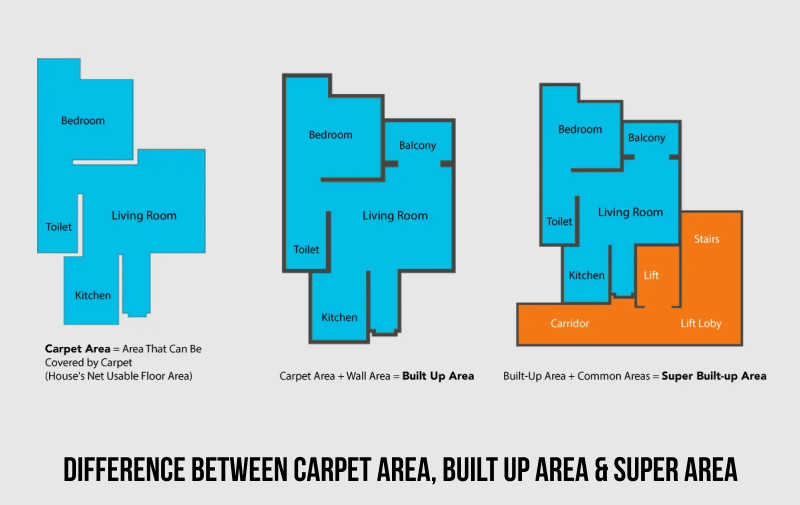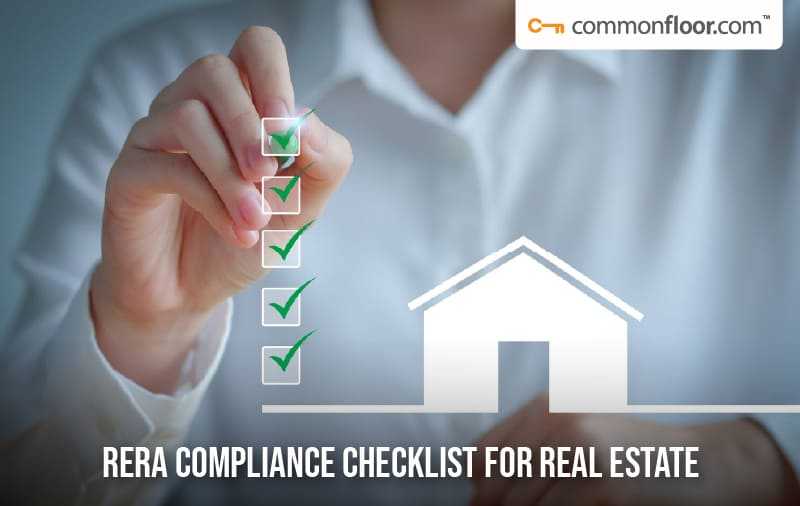Evicting a Tenant
 Evicting a tenant and getting back your property’s possession seems to be quite a cumbersome process in some cases but is quite simple if the Buildings Lease and Rent Control Act of the local authority are followed properly.
Evicting a tenant and getting back your property’s possession seems to be quite a cumbersome process in some cases but is quite simple if the Buildings Lease and Rent Control Act of the local authority are followed properly.
If you have to evict a tenant, you must follow the proper process for eviction. Following are some tips and suggestions for you in this regard:
- Your first step for evicting the tenant should be to determine valid reasons under local laws.
- Following state and local eviction procedures, you should give the tenant sufficient time and a written notice that you are terminating his or her tenancy.
- In case, the tenant is reluctant to move out or correct violations even after receiving the court notice you should file a lawsuit to evict the tenant.
- Keep away from taking any “self-help” eviction measures like changing the tenant’s locks, cutting of essential utilities, physically removing the tenant’s possessions, or taking retaliatory actions against the tenant. At no stage of the eviction process is a landlord allowed to take illegal actions against the tenant, According to law a tenant can file a criminal case against the landlord, who is guilty of such conduct.
Rules for evicting a tenant
Now it is very important to understand the grounds on which one can remove the tenant and his/her possessions from the rental property legally. The various grounds on which the statute enables eviction are as follows but you should consult your local authority to make sure about the law prevailing in your city or panchayat:
- Stipulated rent not paid by the tenant willingly for more than 15 days after the rent fell due.
- If the tenant has, allowed some other person to occupy the whole or the part of the premises without the consent of the landlord.
- If the use of the property is mentioned in the lease deed and the tenant has put the building premises into some use other than mentioned in the deed.
- If the tenant has materially damaged the building or has done an act resulted in depreciating the value or utility of the building.
- If the building is used for some illegal or immoral purposes by the tenant.
- If the tenant has created nuisance and the landlord has to face objections against him from the other tenants in the building or from neighbours.
- If the tenant has left the building unoccupied and unattended for more than five years, Somehow this rule is not favorable in hill stations due to winter migration.
- If the tenant denies the landlord’s title to the building, wherein he has commenced the tenancy under a particular person, he can’t disown the landlord by declaring the building’s title under the name of some other person.
- If the building is required by the landlord or any other member of his family for residential or non-residential purpose.
- In case the building is required by the landlord for repairs which cannot be carried out without vacating the building. It is required to note down that once the repair works are completed then the tenant is entitled to re-enter the premises.
- In case the landlord is planning to demolish the building immediately and put up a new building.
- There are a few other grounds of eviction mentioned in the statute, but the above mentioned are the ones which cannot be resisted by the tenant against his eviction. Always remember, keep away from taking any “self-help” eviction measures because a tenant can file a criminal case against the landlord. Also, court proceedings of any type should be avoided at all times as eviction cases can last up to 10 or even 20 years.
Also read:
Tenant Eligible To Recover Cost of Property Maintenance








